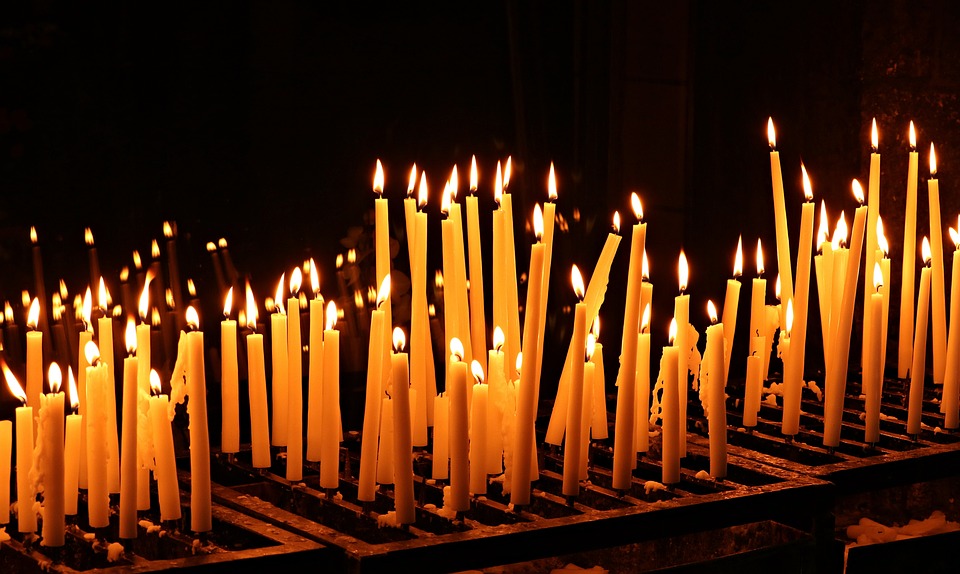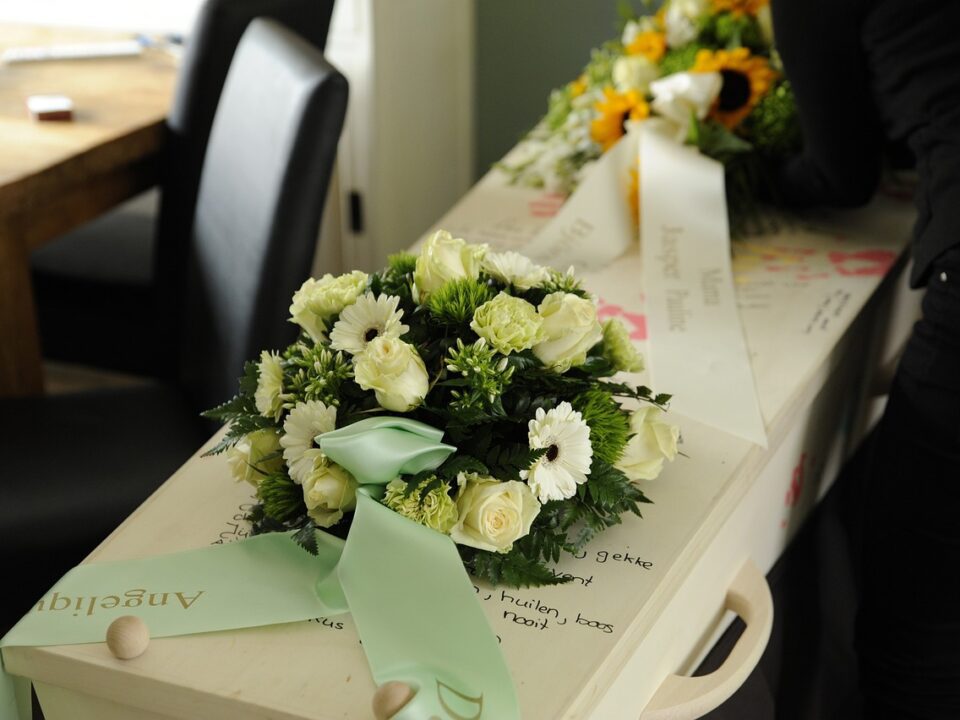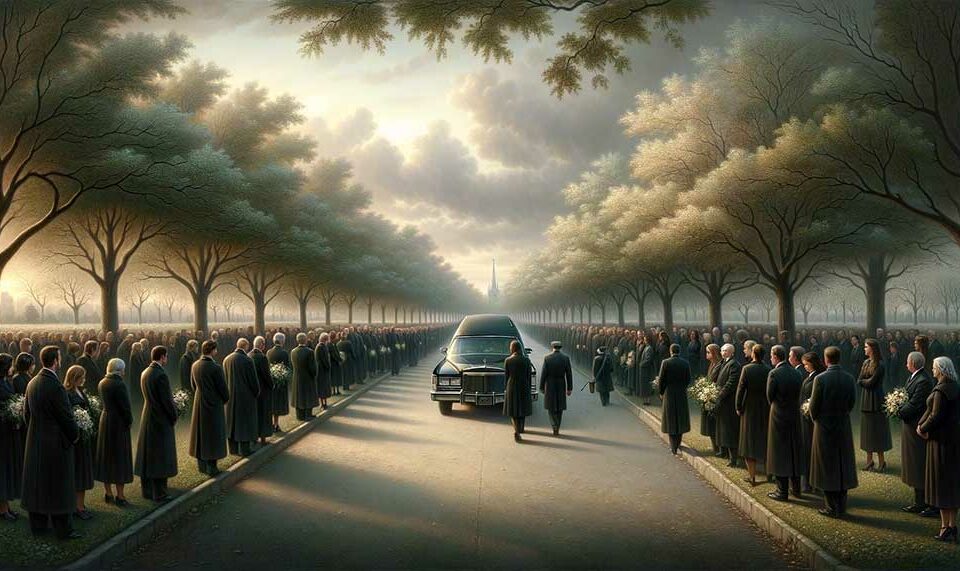- For Immediate Need Call 801-394-5505
- 801-394-5505
Blog
Cultural differences, particularly when it comes to cremation services, may have a big influence on how families bid goodbye to their loved ones. In this blog, we’ll explore the various cultural factors that may impact cremation services in Kaysville, UT, such as religious views, environmental concerns, and cultural norms, and how these variables may influence the type of ceremony that a family chooses. We’ll also discuss how families and providers may collaborate to construct a meaningful and appropriate service that respects their loved ones’ values and traditions.
Religious Beliefs
On top of the choice between burial or cremation, religious beliefs significantly influence memorial service and burial ceremony customs. In Hinduism, for example, the body is washed in the Ganga river before being dressed in white and burnt on a funeral pyre. The body is cleansed, wrapped in a white cloth, and buried as quickly as possible in Islam. Before burial, many Christians have a memorial service including prayers and Biblical readings.
Different religious views might also have an influence on the grieving process. For example, in Judaism, mourning rituals such as reciting the Kaddish prayer and wearing a kippah are practiced. In Buddhism, there is normally a period of meditation and contemplation following the death of a loved one.
Lastly, religious beliefs also impact how a family chooses to commemorate a loved one. Many faiths, such as Hinduism, require the creation of a memorial stone or the placement of a cremation urn at the grave site. Some religious families, such as Christians, may place a cross or a religious symbol at the grave site.
Environmental Concerns
Embalming fluids, non-biodegradable caskets, and other burial materials can have a negative influence on the environment. As a result, for those concerned about their ecological impact, cremation is usually regarded as a significantly eco-friendlier option. Cremation also removes the need for caskets and other burial supplies, making it considerably more efficient than traditional funerals.
Cultural Norms
Cremation is commonly seen as a more cost-effective method of disposing of the deceased’s remains in several societies, such as the United States. On the other hand, cremation is viewed as a disrespectful manner of disposing of the body of the deceased in some cultures, as it rejects the conventional burial rite. Nonetheless, it is vital to respect the wishes of the deceased and their family.
Creating an Inclusive Service Plan
1. Have open communication with the provider and be explicit about the family’s beliefs and customs.
2. Ask about how the service accommodates different religious and cultural views, and ask for examples of how they have done so in the past. 
3. Consult with religious or spiritual authorities if needed to ensure that the service is respectful of the family’s beliefs.
5. Engage in talks with other family members and friends to ensure that everyone’s views and traditions are taken into account.
6. Get a written copy of the service plan and double-check that all areas are covered.
7. Follow up with the provider to ensure that the service plan is correctly followed and that family members are treated with dignity.
To sum up, cultural differences can have a substantial influence on how cremation services are offered and received. Cremation services in Kaysville, UT, may be tailored to meet the needs of various cultural groups, allowing people of all backgrounds to say farewell in a caring manner.




